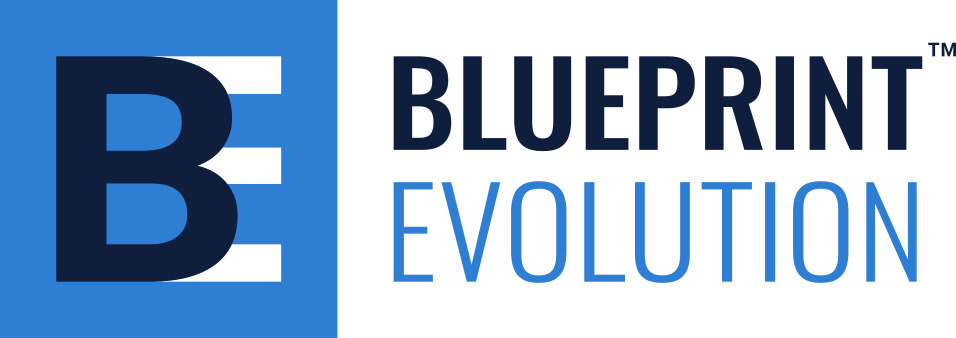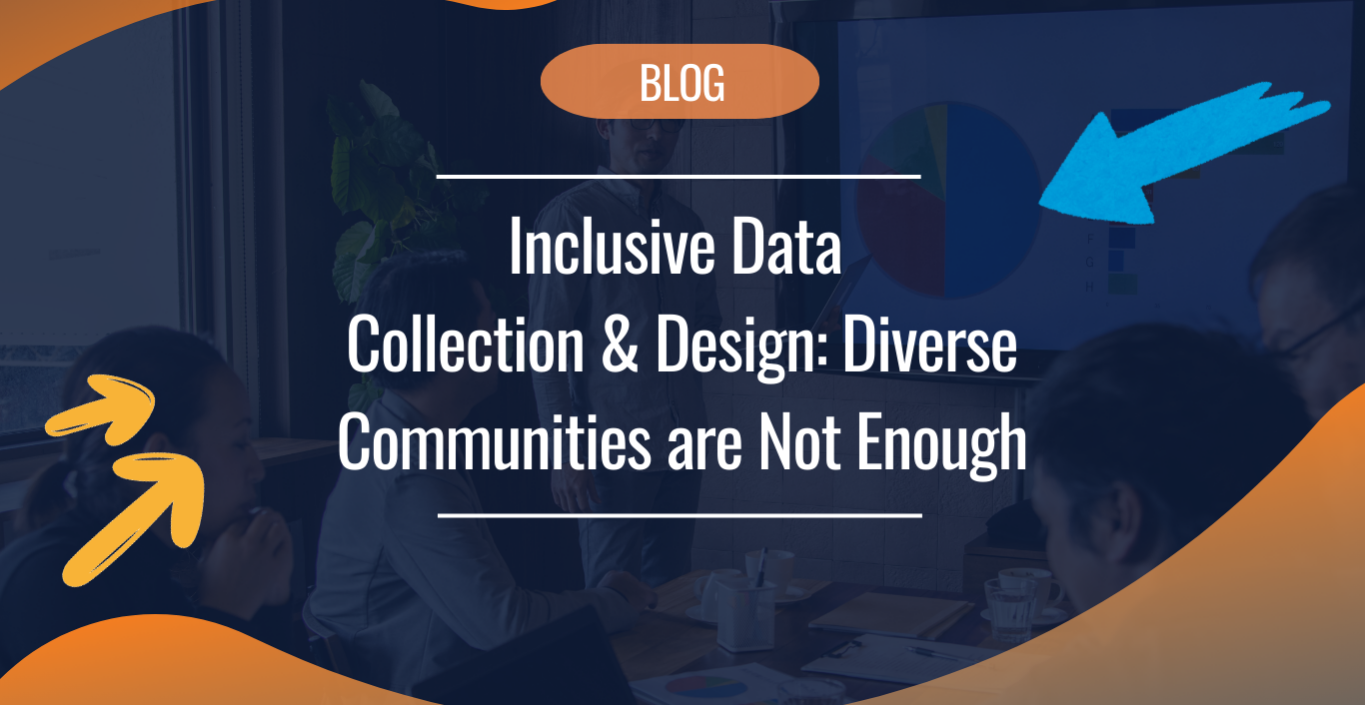Quantitative methods are invaluable for unraveling intricate issues and guiding sound decision-making. However, if we overlook their application and inadvertently exclude certain groups, we risk perpetuating systemic inequities. This exclusion can distort our comprehension of the problem, hindering our efforts to tackle these inequities with precision and effectiveness.
Inclusive data collection & design is not just a buzzword, but a crucial aspect of organizational advancement. It ensures that the voices and experiences of all stakeholders, especially those historically marginalized, are not just heard but amplified. This deliberate commitment to inclusivity in data collection and its design is a powerful instrument in our mission to honor and represent every facet of our communities.
Simply put, diverse spaces do not necessarily equal inclusive ones. Inclusivity demands strategic, intentional, and deliberate efforts.
(For deeper insights, delve into our blog post, “Why Understanding Equity Requires Organizational Development.”)
By committing to inclusive quantitative methods, we can better understand and address social issues like discrimination and inequality. These tools help us advocate for all members of our communities and ensure that decisions are made with everyone’s needs and perspectives in mind.
Inclusive data collection & design can support organizations by:
- Enhanced Decision-Making: Inclusive data collection & design ensures that decision-makers can access a comprehensive range of perspectives and experiences, leading to more well-rounded and informed decisions.
- Mitigation of Bias: By employing unbiased techniques and analyses, organizations can mitigate the risk of perpetuating systemic biases in their decision-making processes, fostering fairness and equity.
- Improved Stakeholder Engagement: Embracing inclusivity in data collection & design fosters trust and engagement among diverse stakeholders, who see their voices and experiences reflected in organizational strategies and initiatives.
- Innovation and Adaptability: By capturing diverse viewpoints through inclusive data collection, organizations can identify new opportunities, challenges, and market trends, driving innovation and ensuring adaptability in a rapidly changing environment.
- Alignment with Organizational Values: Adopting inclusive data practices demonstrates a commitment to organizational values such as diversity, equity, and inclusion, fostering a positive reputation and enhancing brand integrity.
At Blueprint Evolution, we partner with clients to realign their data infrastructure with their values and objectives through inclusive design. We assess existing data practices, pinpointing areas for enhancement in inclusivity and effectiveness. Subsequently, we craft tailored data strategies that capture diverse viewpoints, enabling clients to measure progress towards inclusive, strategic goals.
Acknowledging the constraints and biases of past data practices, our clients embrace a more inclusive, strategic approach, uncovering fresh opportunities and staying competitive in today’s landscape.
Let’s champion inclusive methodologies to support every community member and pave the path toward a more just and equitable society.








Your articles never fail to captivate me. Each one is a testament to your expertise and dedication to your craft. Thank you for sharing your wisdom with the world.